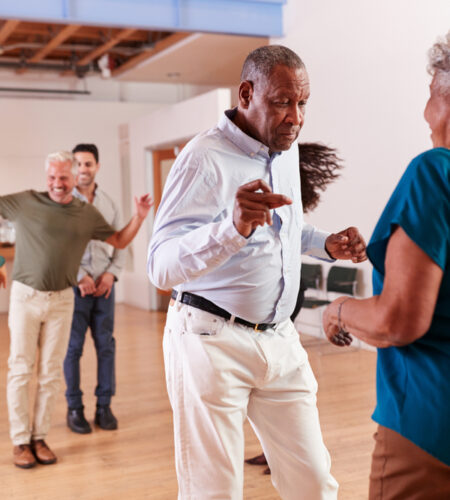Cultural exchange programs for seniors offer a unique opportunity to engage with different cultures, learn new perspectives, and share life experiences. These programs are tailored to provide seniors with enriching, immersive experiences that go beyond typical tourism, fostering a deeper understanding and appreciation of the world’s diverse communities.

One of the most appealing aspects of these programs is the opportunity for meaningful cultural immersion. Seniors participating in cultural exchange programs often stay with host families, engage with local communities, or participate in group activities that are culturally significant. This direct interaction with people from different backgrounds allows for a more authentic experience and creates opportunities for intercultural dialogue and mutual learning.
These programs are not just about observing different cultures but actively participating in them. Activities may include language classes, cooking workshops, traditional craft sessions, or volunteering in local projects. Such involvement provides a hands-on approach to understanding the customs, traditions, and daily lives of people in the host country. For seniors, these activities can be both enlightening and fulfilling, adding a sense of purpose to their travels.
Another key benefit of cultural exchange programs for seniors is the chance to build international friendships. These programs often bring together individuals from various parts of the world, allowing seniors to connect with like-minded people of different ages and backgrounds. These connections can lead to lasting friendships, offering a global network of peers with whom they can share experiences and stay in touch long after the program ends.


Cultural exchange programs for seniors also offer educational value. They often include informative sessions about the history, politics, and social issues of the host country. This educational aspect enhances the travel experience, providing context and depth to the cultural immersion. For seniors who are lifelong learners, these programs offer a dynamic and engaging way to continue their education in a real-world setting.
Health and wellness are often incorporated into these programs, with activities designed to promote physical and mental well-being. This might include yoga or meditation sessions, nature walks, or wellness workshops, all of which are conducted in a way that is suitable for seniors of varying physical abilities.
Safety and comfort are paramount in these programs. Organizers ensure that accommodations, transportation, and activities are senior-friendly, focusing on accessibility and convenience. There is also typically support available for medical needs or other assistance, providing peace of mind for both the participants and their families.
In conclusion, cultural exchange programs for seniors offer much more than just a holiday; they provide a platform for personal growth, learning, and intercultural connection. These programs are a testament to the fact that age is not a barrier to exploring and appreciating the vast cultural tapestry of our world. For seniors, they present an exciting way to engage with different cultures, learn new things, and make meaningful connections.



Comments